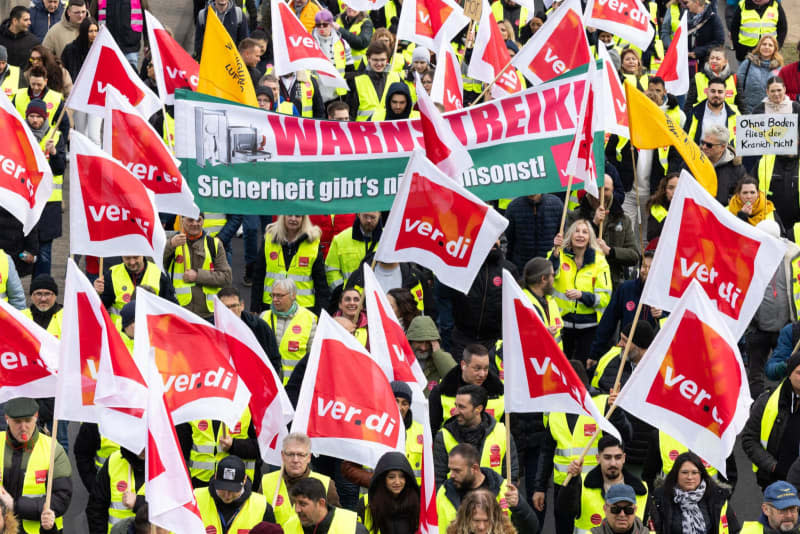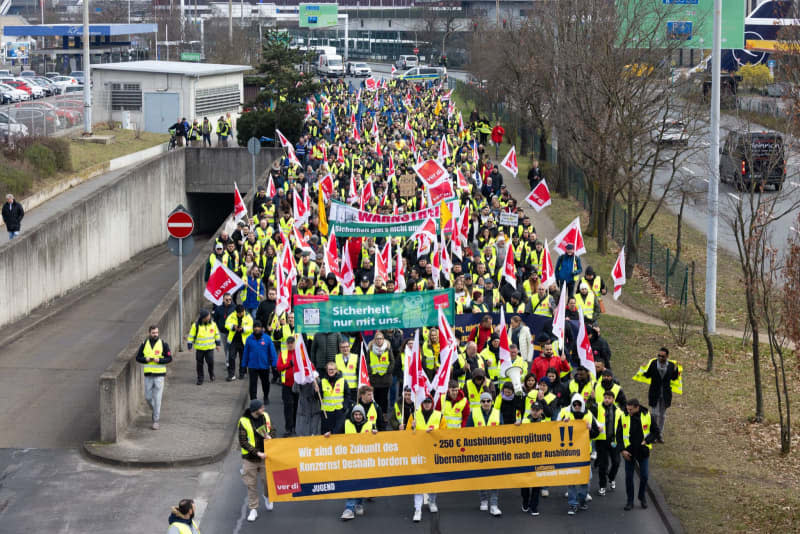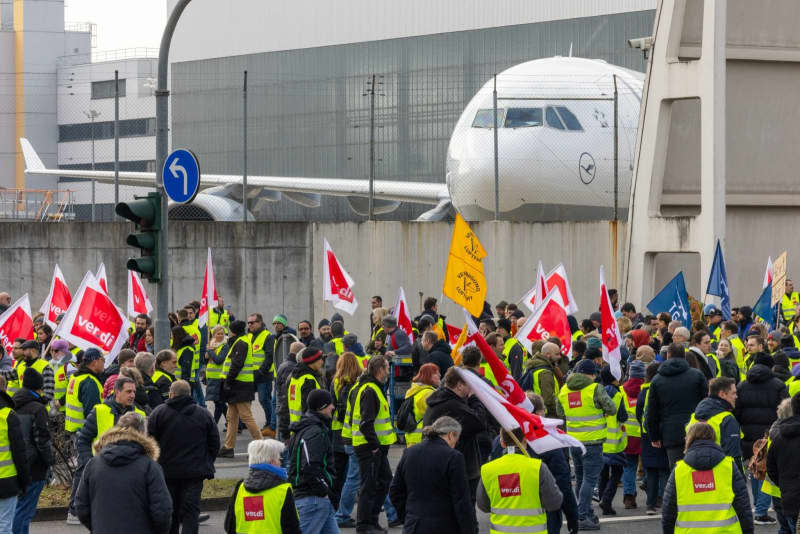One-day rail strike could cost up to €100 million, German expert says

A one-day nationwide railway strike could cost up to €100 million ($109 million) a day in economic output if production and business activities are disrupted across sectors, according to an estimate by the Institute of German Business (IW).
"This also depends on the economic situation and the general functioning of supply chains," said IW economic expert Michael Grömling.
"However, the costs of a strike lasting several days may not increase linearly, but in some cases multiply. Experience with the coronavirus lockdowns has shown this to some extent."
The strike is affecting the economy in various ways, he said, noting railways account for 40% of Germany's freight traffic.
As a result, there would be business losses in the logistics sector and losses for its cooperation partners. In addition, supply and production processes in industry are expected to be impaired, as well as consumer and service losses, he said.
Sebastian Dullien, head of the Macroeconomic Policy Institute (IMK) at the Hans Böckler Foundation, which is close to the trade unions, said he was unable to quantify the costs of the strikes. There are complex interactions that can increase, reduce or even largely neutralize the economic impact, he notes.
A company directly affected by a strike may have disadvantages, but alternative providers can often benefit. If train drivers or public transport companies go on strike, car hire companies or petrol stations benefit and travel is postponed, he said.
"Past experience shows that limited strikes in Germany, but also in other countries, do not have any macroeconomic consequences that would be visible in the quarterly or annual data," said Dullien.
The lost production or turnover could usually be made up for either by the same companies or by other companies, if necessary in extra shifts, he added.
In Dullien's view, the labour strikes could also have positive effects in the medium term. An improved collective labour agreement as a result of a strike would help to boost consumer demand. This would have a positive effect on the economy, he said.



